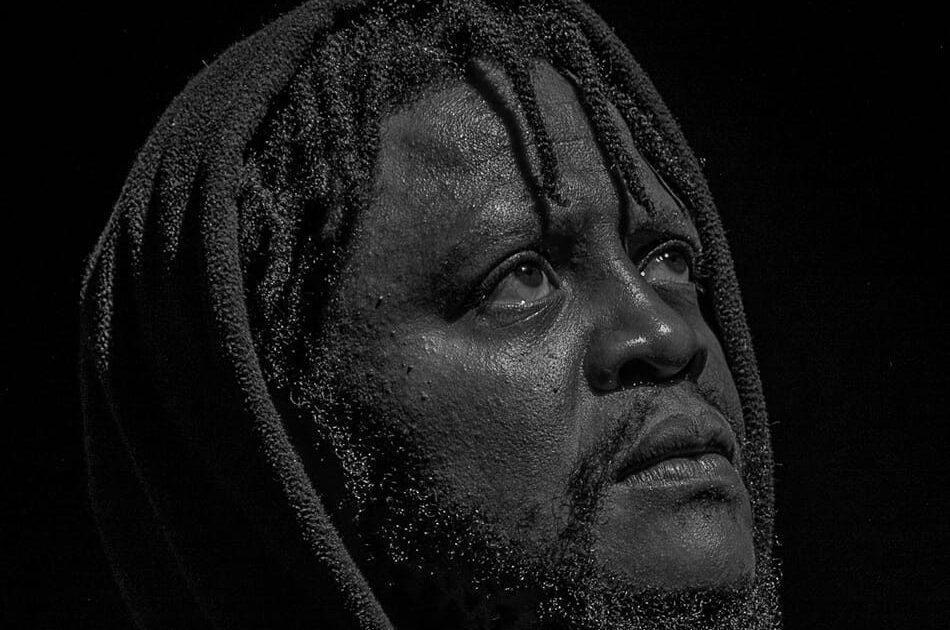Africa-Press – Botswana. Celebrated actor and storyteller Tefo Paya returns to the stage with Tshika, a riveting one-man play that confronts generational trauma, masculinity and the unbroken thread of loss. Set against the haunting echoes of a funeral, Tshika is a poetic call to remember, reckon and perhaps finally heal.
When the curtain rises on Tshika at Cape Town’s Artscape Theatre on 10 June, the audience will not merely witness a performance but will be pulled into the bloodstream of a family history gasping for oxygen.
The latest work by actor and storyteller Tefo Paya, directed and produced by acclaimed creative Jerry Pooe and managed by the Wushwini Pan African Arts Centre, is more than a play. This is a quiet thunderclap – one that shudders through the walls of ancestry, identity and responsibility.
Where are the men?
From the play, Paya dares to ask the unspoken question that reverberates everywhere: Where are the men? The warriors of old, protectors of the family, bearers of spears not for harm but for harvest? Where have they gone? Instead, what remains are “fatherless figures who wield spears that they use to pierce wombs that give birth to fatherless children”.
Through an unflinching poetic monologue, Tshika strips down contemporary manhood to its bare bones and interrogates the decay. It does not offer quick fixes but draws painful lines between violence, abandonment and the haunting legacy of absent fathers.
The story is centred on MfanaNdoda, a 26-year-old man navigating the unbearable grief of losing his great-grandfather – the only father figure in a family where men have been consistently absent for generations. The family tree he comes from is striking: four matriarchs, daughters birthing daughters, until finally, one lone son is born. That son is MfanaNdoda.
Inherited silence
Through him, Tshika explores the complexities of inherited silence. He is the living artery – tshika – through which both cultural heritage and deep-seated trauma flow. His father is absent. His child is distant.
“Through him we get a deeper insight into the pain children carry when they grow without their fathers and how they in turn become absent fathers,” Paya explained.
Presented as a solo show, Tshika is not the typical theatre experience but fuses physical theatre, storytelling and poetry to stir introspection. Over a powerful 50 minutes, Paya embodies not just characters but generations – men and women, ghosts and survivors, ancestors and unborn sons.
The performance breathes like ritual, moving from lament to hope with aching precision. “I am an empathetic activist,” Paya told Time Out. “I evoke a sense of empathy to see the urgency to do something. It gets audiences to introspect – and that’s how behaviour changes.”
This is no ordinary stage tour. After its Cape Town premiere, Tshika will move to Windhoek and later Gaborone – all before the end of June.
For More News And Analysis About Botswana Follow Africa-Press






